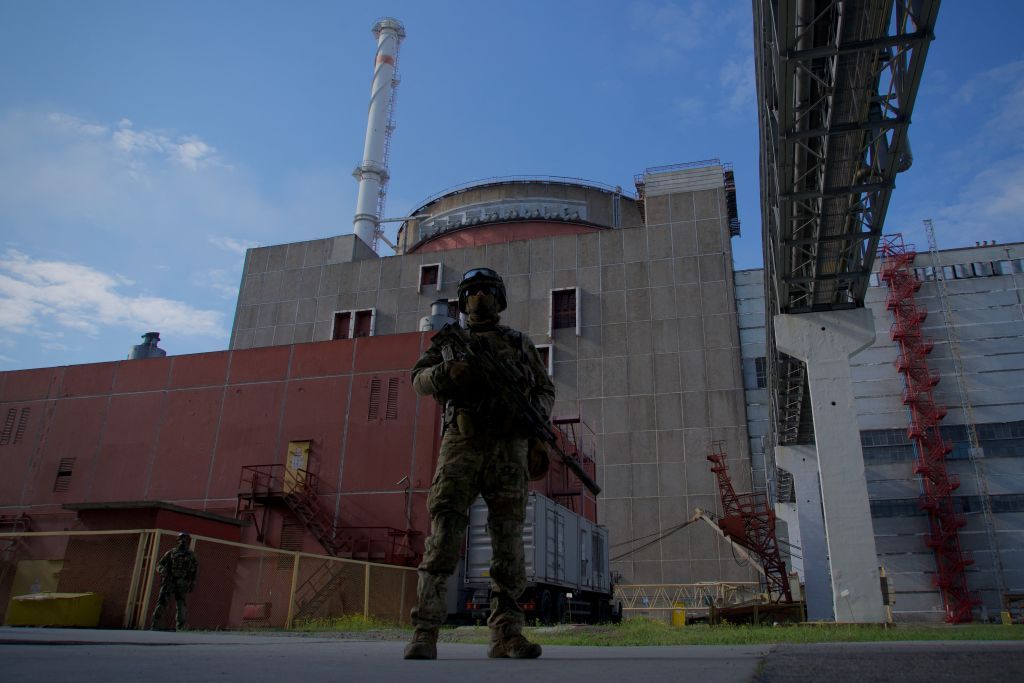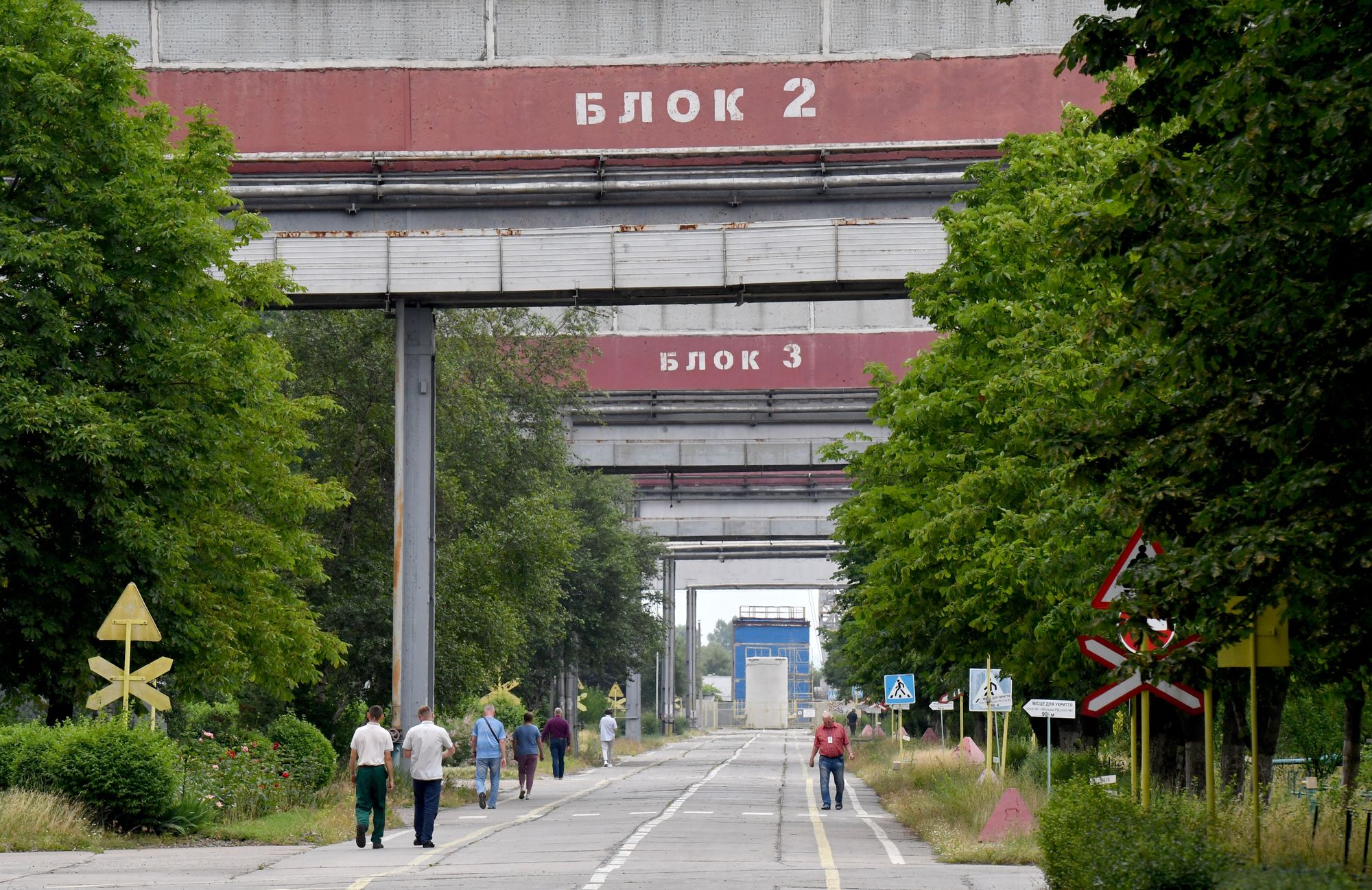WSJ: Putin wants to restart Zaporizhzhia Nuclear Power Plant

Russian President Vladimir Putin told nuclear safety experts from the International Atomic Energy Agency (IAEA) that he wants to restart the Russian-occupied Zaporizhzhia Nuclear Power Plant (ZNPP), the Wall Street Journal reported on April 12.
The six reactors at the Zaporizhzhia Nuclear Power Plant, Europe's largest nuclear facility, have been shut down since September 2022 due to safety concerns. The plant is located near the front lines and has been occupied by Russian forces since March 2022.
According to the Wall Street Journal, the IAEA received reports from inspectors stationed at the plant indicating that Russia wants to restart at least one of the ZNPP reactors sometime this year. One diplomat said Russia may aim to bring the plant online in time for the 40th anniversary of the facility's connection to the Soviet Union's electrical grid in December.
During IAEA Chief Rafael Grossi's meeting with Putin in Russia in March, Grossi asked the Russian president directly if the plant would be restarted, according to people familiar with the talks.
Putin told Grossi it would, but did not specify a timetable.
Multiple people who have worked at the Zaporizhzhia nuclear plant told the Wall Street Journal that Russia lacks the necessary personnel to restart the reactors safely. The move would also heighten the dangers at a nuclear facility that already faces severe risks in an active military zone.
These dangers recently led the IAEA to call an extraordinary meeting in Vienna on April 11 at the request of Ukraine and Russia following reports of drone attacks on the plant.
Grossi called the strikes a "major escalation" in nuclear danger in Ukraine.
Bringing even one reactor at the ZNPP back online would mean raising the core temperature at the plant by hundreds of degrees Fahrenheit, and experts doubt whether Russia has enough technicians and resources to manage the transition.
"You can't just recruit these people off the street and tell them how to go run a power plant," said U.S.-based nuclear oversight officer Morgan D. Libby, who worked at plants in the former Soviet Union, including the ZNPP.
"I think they're kidding themselves that they have sufficient numbers of people to run a unit."
Ukraine's nuclear energy agency Energoatom has said that the only way to prevent nuclear and radiation emergencies is to comply with the IAEA's demands for military restraint, withdraw Russian troops and their equipment from the plant, demine nearby territories, and return control over the plant to the agency.













